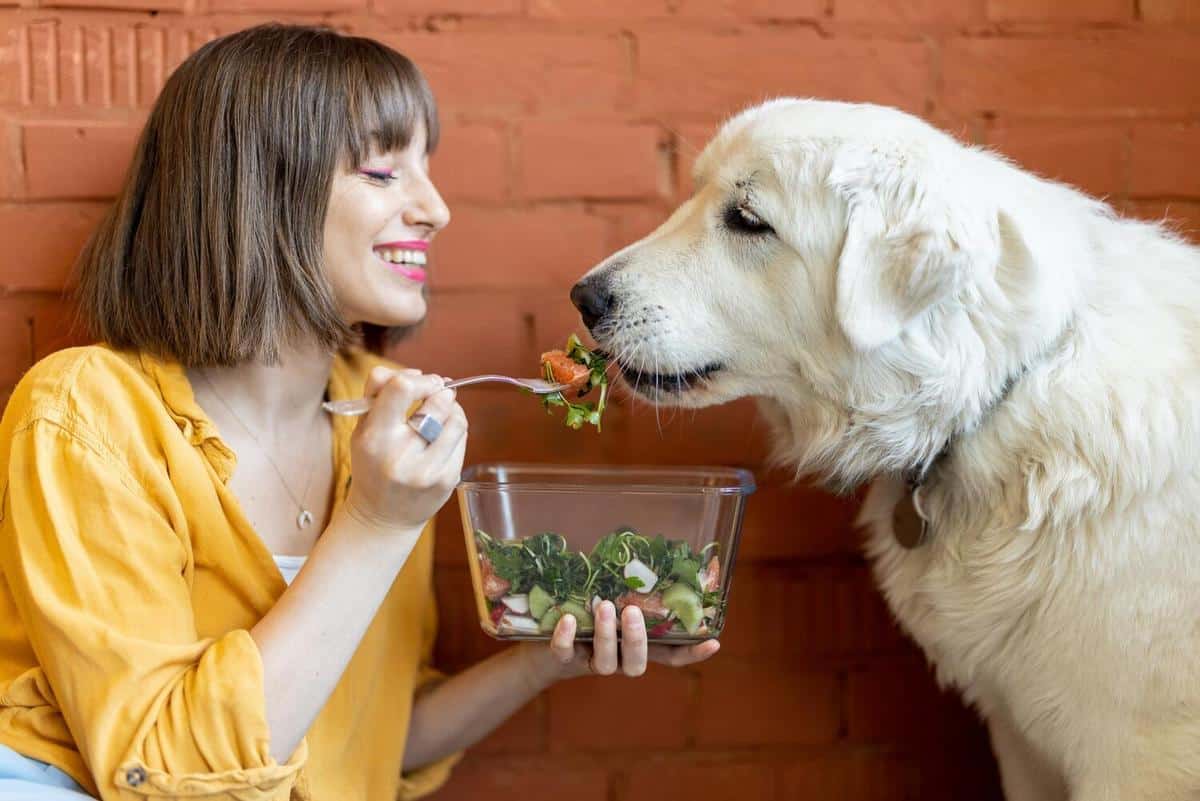
The Rise of Vegan Pet Food: Is It Right for Your Pet?
As awareness of plant-based diets grows, many pet owners are exploring vegan options for their furry companions. But is vegan pet food truly beneficial for your pet’s health? Let’s delve into this rising trend and see if it’s the right fit for your animal friend.
Pet nutrition has always been a topic of great interest and debate among pet owners and experts alike. With the increasing popularity of vegan diets for humans, the question arises: can our pets thrive on a plant-based diet?
Understanding Vegan Pet Food
Vegan pet food is crafted from plant-based ingredients, avoiding all animal products. This type of diet is inspired by ethical, environmental, and health considerations. However, the primary concern remains: can it meet the nutritional needs of pets, especially obligate carnivores like cats?
What the Experts Say
Dr. Andrew Knight, a professor of animal welfare and ethics, suggests that with careful formulation, vegan diets can provide adequate nutrition for pets. He emphasizes the need for a balanced diet that includes all essential nutrients.
Current Research and Findings
Recent studies indicate that dogs, in particular, can adapt to a vegan diet due to their omnivorous nature. Research published in the ‘Journal of Veterinary Medicine’ highlights that dogs fed a vegan diet showed no significant health issues compared to those on a conventional diet.
Personal Experiences
Take, for example, Emma, who transitioned her Labrador, Max, to a vegan diet after thorough research and consultation with her vet. Emma noticed improvements in Max’s digestion and coat health over several months.
Is It Right for Your Pet?
Deciding whether a vegan diet is suitable for your pet requires careful consideration. Here are some factors to keep in mind:
- Consult with a veterinarian to ensure dietary needs are met.
- Consider the pet’s species and individual health conditions.
- Monitor your pet’s health and behavior after transitioning.
Gradually introduce vegan pet food alongside their current diet to monitor tolerance and acceptance.
Comparison Table: Vegan vs. Traditional Pet Food
| Aspect | Vegan Pet Food | Traditional Pet Food |
|---|---|---|
| Protein Source | Plant-based | Animal-based |
| Ethical Concerns | Lower | Higher |
| Environmental Impact | Reduced | Higher |
| Availability | Limited | Wide |
| Cost | Varies | Varies |
| Health Concerns | Possible nutrient deficiencies | Possible obesity |
| Suitability for Cats | Challenging | Suitable |
| Suitability for Dogs | Possible | Suitable |
Conclusion
The rise of vegan pet food offers a new dietary choice for pet owners. While it is a viable option for many pets, especially dogs, it requires careful consideration and professional guidance. Ensure your pet’s diet is nutritionally complete and monitor their health regularly.
FAQs
Can I feed my cat a vegan diet?
Feeding a vegan diet to cats is challenging due to their specific nutritional needs. Consult with a vet before making any dietary changes.
Are vegan diets suitable for all dog breeds?
Most dog breeds can adapt to a vegan diet, but it’s crucial to ensure the diet is balanced and meets all nutritional requirements.
What should I consider before switching my pet to a vegan diet?
Consult with a veterinarian, research nutritional needs, and monitor your pet’s health during the transition.


